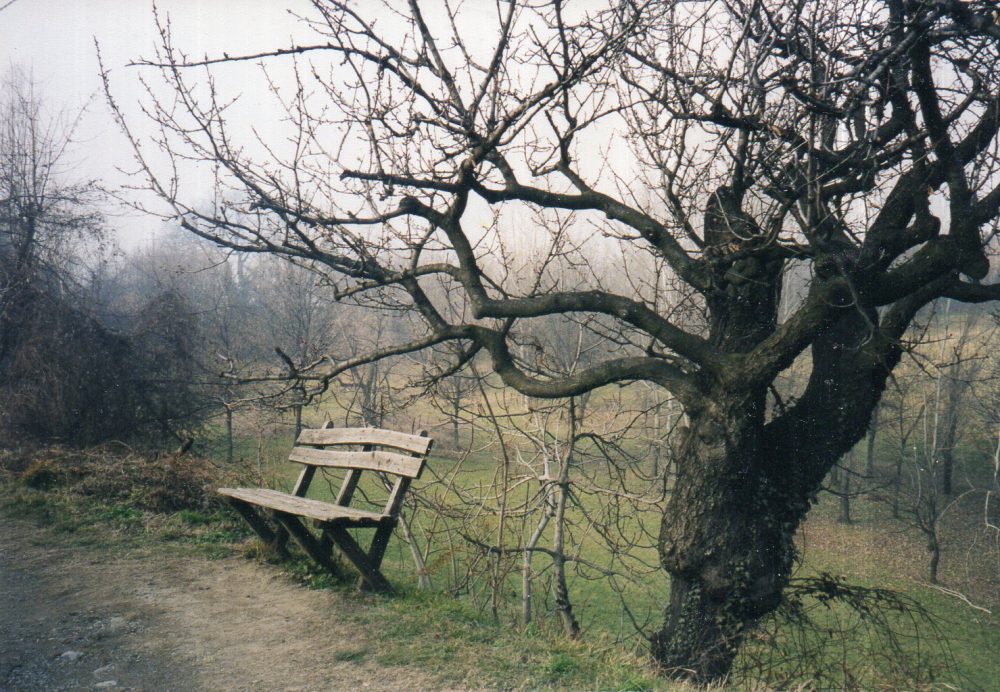Heartwings says, “Telephones have evolved, but they do still do the same thing.”
Cell phones have grown to be the norm, these days, rather than the exception. Over the past twenty or so years they have grown in use until now they are ubiquitous. I remember years ago thinking a man jabbering away as he walked down the sidewalk, was talking aloud to himself—and of course he was using one of those phones with a microphone near his mouth. Many people walk along looking at their cell phones, ignoring the world around them. I was once involved in an accident with a woman who was looking at hers while she was driving.
Like all those in my age category, I grew up with a single home telephone. As in most homes, the phone sat on a table, in the hall or somewhere central. Often it was in a kind of booth, a small room with a door beneath the stairs to a second floor. Wherever it was located, it wasn’t detachable nor did it do more than receive and transmit calls. In those days, our family telephone number had only three digits; the one my great aunt was assigned had two. Perhaps she got it back when the phone first went into use. I never thought to ask.
Then, when you picked up the handset, a voice—usually that of a woman, said, “Number please.” You could have a discussion with the operator, or even get advice. If you needed a number, you said, “Information, please.” There was no dial tone, or even a dial, for that matter. Nor did anyone get a spam call. Actually, spam hadn’t been created yet. That was a product of WWII. Long distance, meaning outside the local area was charged by the minute, and could be very expensive.
Many people have given up their land lines in favor of exclusive cell phone use. I’ve resisted this for several reasons. Though we do have cell phones, we still have a land line, of course the phone itself is mobile. I prefer land line reliability over the capriciousness of a cell phone.as well as the comfort of the handset. Aside from how much more comfortable the handset is to hold, it doesn’t heat up over time, as a cell phone does. Of course, this also means we get lots of spam calls. At our request to a helpful number, some spam calls we receive, though not all, are blocked. This results in our getting only a single ring, then silence.
There is another aspect to the land line that keeps me using it: a kind of of entertainment in the voice that delivers its message when it rings: most of our land line telephone calls are identified by a robot, a mechanical voice that calls out their source. The mispronunciations are almost always amusing. They also convey information. We have discovered that spam is easily identified by the MA ending, mispronounced ma or as whatever the state is. Best of all is the one that always makes me wonder how the phone knows, and it is certainly my favorite: “probably fraud.”
